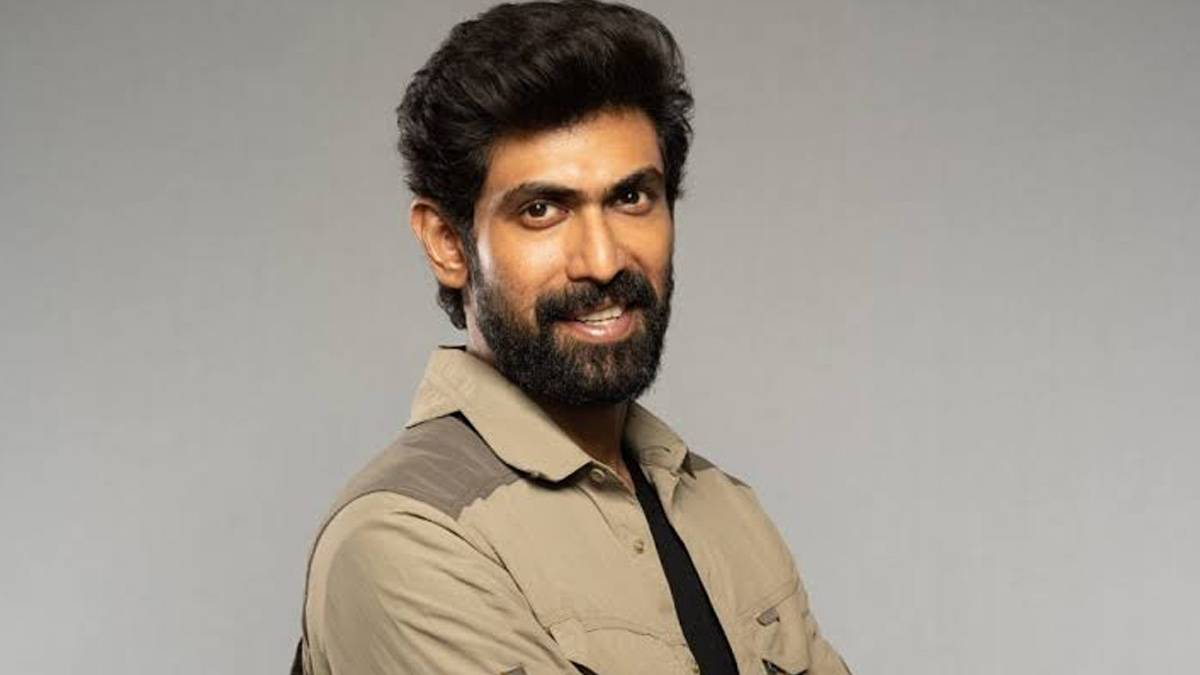
Rana Daggubati, Bollywood actor known for his role in the epic saga Bahubali:The Beginning recently opened up at an event about his health struggles. A couple years back he was facing some health issues that were seemingly hard to diagnose. Eventually it was revealed that he had a kidney disease for which he even underwent a kidney transplant.
Table of Content:-
He said at the event that talking about his health struggles often made him irritable and mean. Well it's good to know that Daggubati has successfully recovered and is no longer in that headspace. But his revelation does shed a light on what a sensitive time it is when a person is recovering after undergoing a kidney transplant. So here are a few tips that will help you bounce back to your former healthy self after a kidney transplant.

Follow Medical Advice
First and foremost, it's essential to follow the medical advice provided by your transplant team. This includes taking prescribed medications, attending follow-up appointments, and adhering to dietary and lifestyle recommendations. Your medical team has extensive experience in post-transplant care and can provide tailored guidance to support your recovery.
Take Medications as Prescribed
Post-transplant medications, such as immunosuppressants, are crucial for preventing rejection and ensuring the long-term success of the transplant. It's vital to take these medications exactly as prescribed, including the timing and dosage. Skipping doses or altering the regimen without medical supervision can increase the risk of rejection and other complications.
Maintain a Healthy Lifestyle
Adopting a healthy lifestyle is essential for supporting overall well-being and enhancing recovery after a kidney transplant. This includes eating a balanced diet rich in fruits, vegetables, lean proteins, and whole grains. Limiting salt, sugar, and processed foods can help manage blood pressure and maintain kidney function. Additionally, regular exercise, as approved by your healthcare team, can improve strength, endurance, and mental well-being.
Also Read: Rana Daggubati Opens Up About His Corneal Transplant, Diseases That Require A Corneal Transplant

Monitor Fluid Intake
Monitoring fluid intake is crucial for individuals with kidney transplants, as excessive fluid consumption can strain the new kidney and lead to complications such as fluid retention and high blood pressure. Your healthcare provider will provide guidance on the appropriate amount of fluids to consume daily based on your individual needs and medical history.
Practice Good Hygiene
Maintaining good hygiene is essential for preventing infections, which can be particularly concerning for individuals with suppressed immune systems due to immunosuppressive medications. Wash your hands frequently, avoid close contact with individuals who are sick, and follow any additional hygiene recommendations provided by your healthcare team.
Seek Support
Recovering from a kidney transplant can be physically and emotionally challenging. Don't hesitate to seek support from friends, family members, support groups, or mental health professionals. Sharing your experiences, concerns, and triumphs with others who understand can provide valuable encouragement and perspective along the way.
Also Read: Thinking Of A Kidney Transplant? Expert Explains Pre and After Care For Kidney Transplants
Recovering after a kidney transplant requires commitment, patience, and support. By following medical advice, taking medications as prescribed, maintaining a healthy lifestyle, monitoring fluid intake, practicing good hygiene, staying informed and engaged, and seeking support when needed, anyone can optimise their recovery and enjoy the benefits of a successful transplant. Remember, every journey is unique, and it's essential to approach recovery with determination, resilience, and a positive mindset.
Disclaimer: The information provided in this blog post is for educational purposes only and should not be considered medical advice. Individuals should consult with their healthcare providers for personalised recommendations and guidance related to their specific medical conditions and treatment plans.
Also watch this video
Read Next
Ajith Kumar Seeks Treatment For Swollen Auditory Nerve: Here’s What Can Cause This Condition
How we keep this article up to date:
We work with experts and keep a close eye on the latest in health and wellness. Whenever there is a new research or helpful information, we update our articles with accurate and useful advice.
Current Version